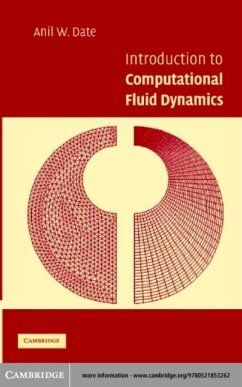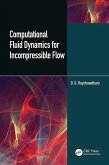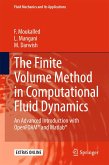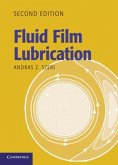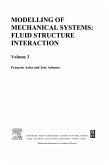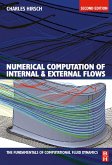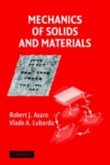Introduction to Computational Fluid Dynamics is a textbook for advanced undergraduate and first year graduate students in mechanical, aerospace and chemical engineering. The book emphasizes understanding CFD through physical principles and examples. The author follows a consistent philosophy of control volume formulation of the fundamental laws of fluid motion and energy transfer, and introduces a novel notion of 'smoothing pressure correction' for solution of flow equations on collocated grids within the framework of the well-known SIMPLE algorithm. The subject matter is developed by considering pure conduction/diffusion, convective transport in 2-dimensional boundary layers and in fully elliptic flow situations and phase-change problems in succession. The book includes chapters on discretization of equations for transport of mass, momentum and energy on Cartesian, structured curvilinear and unstructured meshes, solution of discretised equations, numerical grid generation and convergence enhancement. Practising engineers will find this particularly useful for reference and for continuing education.
Dieser Download kann aus rechtlichen Gründen nur mit Rechnungsadresse in A, B, BG, CY, CZ, D, DK, EW, E, FIN, F, GR, HR, H, IRL, I, LT, L, LR, M, NL, PL, P, R, S, SLO, SK ausgeliefert werden.

